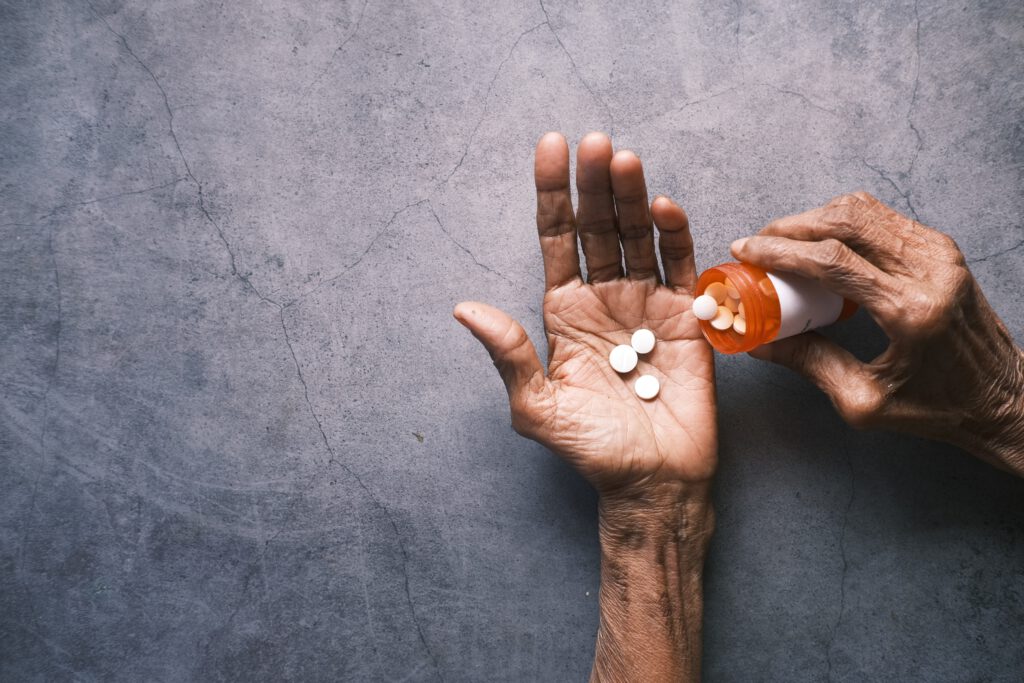Safeguarding for Carers of the Older Generation

Collaborative Post
All individuals, regardless of age, have the right to live in a safe and secure environment. Unfortunately, older people are often more susceptible to abuse and neglect. It is essential that carers of the elderly must thoroughly understand their roles. This awareness ensures they provide proper support and the best care to those entrusted to them. Here are four fundamentals that every carer must know.
Managing People with Diabetes, Dementia and Depression
Diabetes, dementia, and depression are among the most common health conditions aging people experience. Research suggests that diabetes doubles the risk of depression. Another study shows that late-life depression has a link to an increased chance of developing dementia.
Some elderly persons who have diabetes also have dementia and depression. Typically, people who have dementia or depression struggle to handle diabetes without assistance from other individuals. Care providers must be able to manage diabetes alongside other illnesses. They should also know how one condition impacts the symptoms of the other two. Older people often require a holistic approach where the main focus is not treatment but management, including improving function, reducing complications, and maintaining a high quality of life.
Medication Awareness
According to an article published by BMJ Quality and Safety, approximately 237 medication errors happen in England annually. And although 72 percent have little or no potential for harm, the mistakes cost the National Health Service up to £98 462 582 each year. Worse, medication errors contribute to about 1708 deaths in the country.
Medication awareness is crucial to anyone who administers medicine as part of their work, such as carers looking after older people with maintenance medications. It can be difficult for older people to remember to take their medication. These care providers must know the various doses, classifications, and forms of prescriptions their patients need. They must also be aware of safe storage, proper disposal, and correct reporting and recording. Lastly, medication awareness allows carers to put their patients’ safety and well-being as their priority.
Domestic Abuse Awareness
There are several types of domestic abuse, but they are not always easy to detect because many do not result in visible physical injuries to the victim. Abusive behaviour often leads to mental, emotional, and psychological ill effects. Domestic violence includes verbal abuse, economic or financial abuse, coercion, display of power and control, isolation, and threats.
Carers must know how to identify the signs of domestic abuse for them to intervene appropriately or report the situation to the proper authorities. They must understand why many victims refuse to seek help and should be able to handle these situations. Additionally, carers must be well-versed with the laws that protect vulnerable people from abuse and neglect. It’s thus recommended to take an additional safeguarding awareness course online, which can keep carers up to date and less likely to miss the signs of domestic abuse.
Self-Neglect Awareness
It is hard to determine what causes older people to neglect themselves. There are different causes of self-neglect, including brain injury, dementia, mental disorder, depression, physical illness, addictions, or traumatic life changes. It is a grave problem that puts the well-being, health, and safety of vulnerable adults at risk.
Carers must understand the complex issues related to self-neglect and be able to identify its signs. More importantly, they must know how to handle people suffering from the disorder. Self-neglect can be a symptom of an underlying condition. Treatment includes treating the cause of the problem, which typically requires trained professionals. However, there is no one-dimensional approach to fixing self-neglect. The best thing carers can do is to treat the vulnerable individuals with due respect and dignity.
Photo by Towfiqu barbhuiya on Unsplash

